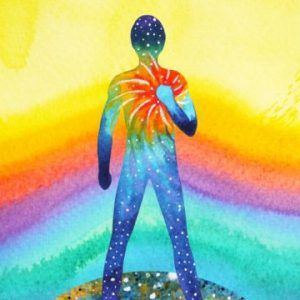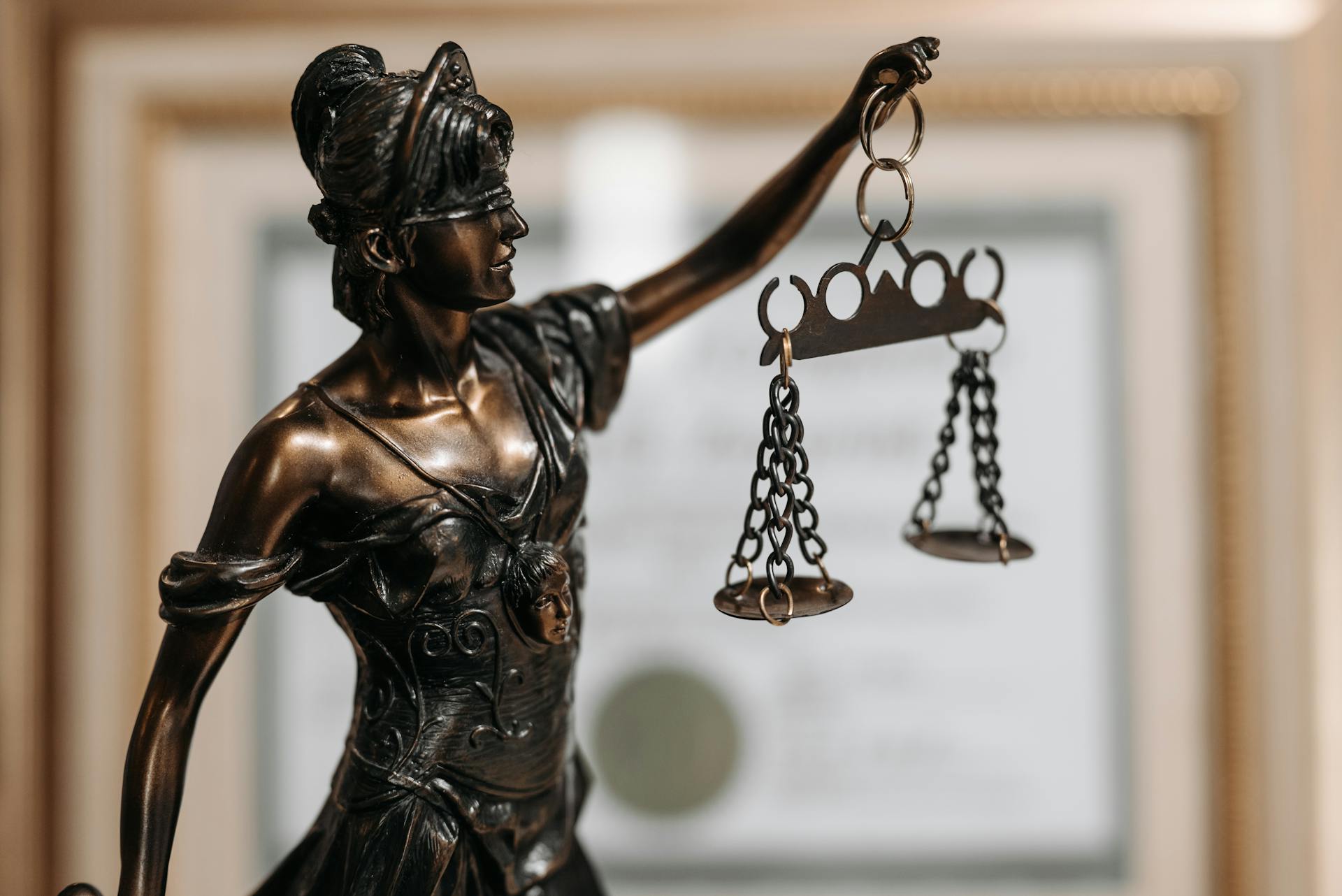Self-discovery is a continuous process that helps us get in touch with our inner selves. It’s a journey that aids us in discovering who we are, our purpose, and our potential. The first step to this journey is self-awareness. That’s where inner healing comes in. From there, you can discover your interest and finally forge the future you want.
As simple as this process looks, it will shock you to discover that many people are stuck at the self-awareness stage. Our inner wounds are so deep that’s it’s almost impossible to get in touch with the person within. But then no one talks about these things. The idea of healing our past pains is an alien topic that’s rarely discussed.
The reason why this topic is shoved at the back is that we have a limited perception of who needs inner healing and sure as hell, it’s not us. Again, inner wounds are painful. They expose our vulnerability and force us to face our demons, which is a tall order when we’ve worked so hard to convince ourselves and the entire world that we are the best version of ourselves.
Now, you might pretend all you want, but the one thing about inner wounds is they shape every sphere of your life. When you reflect back, you’ll notice a very queer pattern that works against you all the time. But since you deliberately ignore the root cause, you always get the same results.
With that said, everyone needs inner healing. Why? We’ve all been hurt before. Whether it’s the scolding we received as children or the negative environment we grew in. All of this affects our mental wellbeing. As we grow older, we drag this baggage with us, continuously bruising the same wounds.
Steps to discover inner wounds
How do you know you need inner healing? Below are several questions to help you identify inner wounds.
- Do you often feel a sense of inner rawness that barely goes away, no matter how hard you try to bury it?
- Do you struggle with feelings of anger, resentment, or hate towards others who hold a different belief system or those who challenge your ideas?
- Do feelings of anger rise up at the slightest offence?
- Are you overly sensitive about what happened in your past? Do these events make you cry, lash out, or think of revenge?
- Do you find it hard to forgive others? Probably you’ve vowed not to talk to some people?
- Do you blame yourself for your past and find it difficult to forgive and love yourself? It could be you’ve spiralled into a state of hopelessness, thinking you deserved what happened to you.
- Do you blame God for your misfortunes?
- Do you get defensive when corrected? It’s always someone else’s fault or something else that made you do what you did.
- Do you find it difficult to acknowledge your weakness and ask for forgiveness?
- Do you feel you are better than everybody else?
- Do you rejoice in others’ pain? Maybe you harbour resentment when others succeed than you.
- Is it difficult to acknowledge your failures?
If the answers to all or some of the questions above were an astounding yes, then you need inner healing. The sooner you realize you have a festered wound, the better. Untreated emotional pain causes feelings of inadequacy, voidness, and lack of drive to pursue your purpose or happiness.
The path to inner healing
The healing process needs commitment and a conscious decision to discover yourself and get in touch with your soul. So, how do you go about it? Read along and find out.
Inner healing starts by being honest with yourself. Master the courage and pinpoint the issue. Call it by its name. This is the hardest part to work on. Here is why: we are obsessed with projecting a particular image (the image we think others will accept). Being truthful to ourselves will most probably alter the impression we’ve created. However, it’s a journey worth taking.
Key areas to help you unearth the root problem
Let’s go back the memory lane and retrieve the experiences that shook you to the core. Here, your focus is on the events and people who hurt you so badly that you can’t shake off the memory. Probably, you’ve held onto this pain for ages.
Look within and outline the things you did that you regret deeply. If you despise yourself for your choices, be honest about it, state clearly why you hate yourself. Go further and think of any moments you felt ashamed or embarrassed. What did you do that elicited these feelings?
Next, think of the people you are holding a grudge against. What did they do to you? Why are you blaming or hating them? Jog your memory and single out each painful situation. The people involved could be those close to you, so master the courage and acknowledge the pain they caused you.
To get the most of this process:
- Be brutally honest with yourself.
- Call everything as it is.
- Do not cover up your mistakes, the events that transpired, or the people who hurt you to make yourself feel better.
- Stripe every emotional wound to the core.
With the root problem brought to light, you can reconcile with yourself and settle the feelings of disappointment, guilt, anger, and shame.
The inner healing journey is not a one-day event. It’s a continuous process. So be prepared for the long haul. For some, it might be a personal journey that they undertake alone. For many more, therapy sessions might be the key. A good number might settle for inner healing retreats, while a few might attend a hypnotherapy session. Remember, your mind is your greatest asset, so whichever path you choose for inner healing, allow yourself to be vulnerable, open up those wounds no matter how painful, and be ready to forgive and let go.
Also read: ‘We All Need a Therapist’: Nancy Kabiru on Investing in Our Mental Wellbeing





